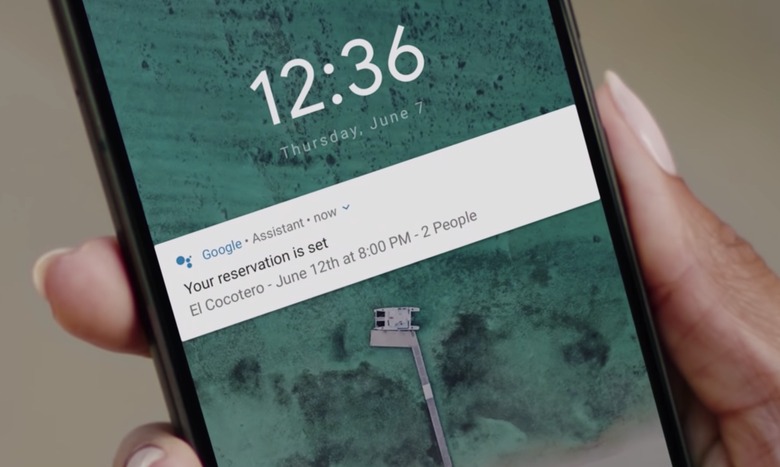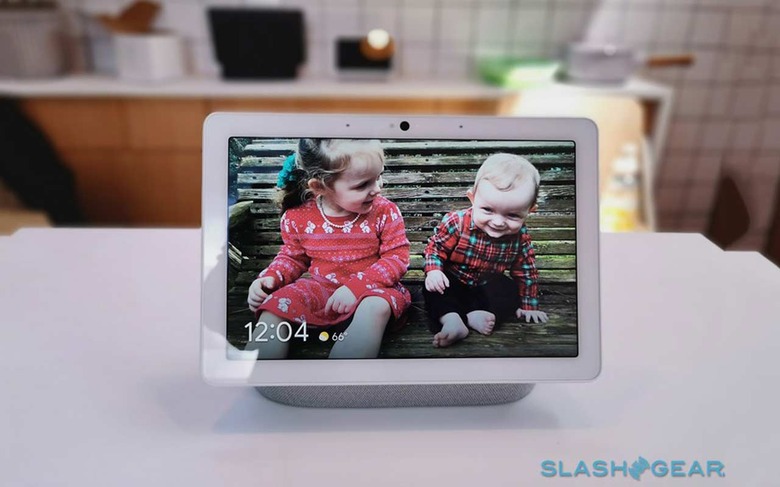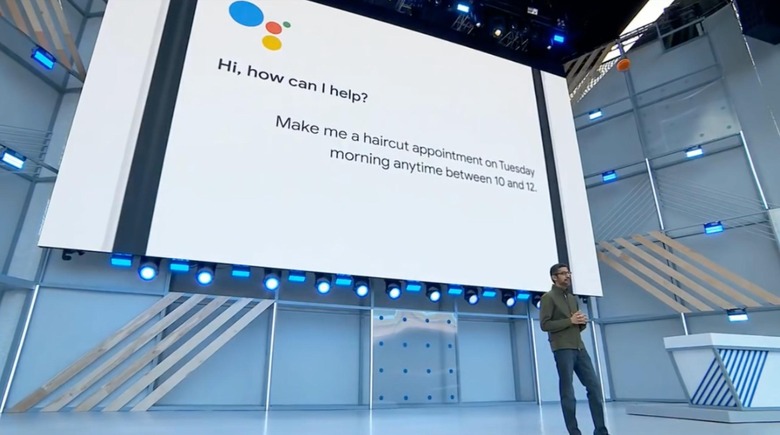What's Next For Google Assistant: AI For Everyone
Google Assistant turns three this year. Whether you love it or not, it's the AI for everyone. Google's intelligent little helper has been powering almost every other smartphone for the past few years, getting better and smarter each day. Despite its dominance on mobile devices, Google shows no signs of slowing down. Aggressive marketing, widespread device integration and new innovations show where Google is placing its eggs.
Let's take a look at how the AI in your pocket got here, and all the big plans Google has to make even more of an AI powerhouse.
"OK Google"
The iconic phrase began letting you for applications and functions within your phone, developing over the years to integrate the search engine and virtual helper we know today. It was in many ways the evolution of Google Now, another AI that predicted information users could need and presented them on cards on your screen. The feature lives on with Google Assistant, which also let users have two-way conversations with their phones.
There was no way Google was going to Amazon take the lead in household AI, especially given Google's unrivalled reservoir of data and information. To match the Amazon Echo, it launched its assistant with the Google Home, one of the first to combine AI with a really good speaker.
Google's immediate advantage: its search engine. This gave it the edge despite the smaller list of participating products. Searches were better and more precise – more reason to hop on board.
Aggressive integration
Google Assistant began steamrolling into all sorts of devices no one could ignore it. There were smart speakers and smart televisions that smart home systems that quickly brought it on par with Alexa. Hundreds of companies implemented the Assistant AI into its software, helping Google Home gain a 24% share of the smart speaker market in 2018.
The ace up Google's sleeve was mobile integration, which is distributed to almost every current generation Android devices. The biggest draw here has to be its seamless integration with all the other applications we use in our lives. Google Assistant worked with Google Maps, Gmail, Calendar, Android Auto and TV – a one-stop solution for all these applications. It was integration unlike anything we'd experienced, and it made sense since everything else we'd use was Google.
Regardless of your views on iOS and Android, it's unanimously agreeable that Siri has a long way to catch up. It's not as smart and the irony is, as much as Apple tried to set itself apart, its AI was still running Google's search engine.
So why not use Google's AI itself? The iOS version of Google Assistant launched mid-2017 and contributed to its climb to over 400 million devices that year.
The availability of a software developer kit – open sourcing – also meant that other companies could pick up and implement Assistant on to their apps, allowing big-players like Waze and other apps to emerge. All AIs which they could be everywhere – but Google's open sourcing made it impossible to say no to.
Next up: Paving the future of AI
Google's aggressive marketing efforts and a dedicated Google Assistant button on their Pixel phones shows that AI is very much front and centre of their way forward. And it looks exciting, if scary.
Just last year, Google announced Duplex, an extension of Assistant that makes phone calls on your behalf and carries out actual conversations with real people. It can help you book appointments, make general enquiries with stores and perform other tasks. While this isn't exactly original, it's arguably the first compelling implementation of the technology, which has yet to roll out to the masses.
But what's most concerning here is the ethical considerations that lie in Google's hands. Much like driverless cars, innovators like Google need to define the limitations of their technology and work out who is liable when problems arise. Clips from Google's demonstration of its Duplex software show an uncanny resemblance to an actual conversation. The real human being on the other end may not realize she's talking to a robot – what happens is misunderstandings occur? And what happens if Duplex makes a mistake?
The industry also seeks to make the virtual assistant experience more personal, building AI that understands its user, her preferences, able to make useful predictions that are helpful.
For us, this inevitably means more personal data. And for Google, this means security will be more important than ever. But that could work in its favor. The tech industry is caught in security dilemma. Corporations like Facebook, Amazon, Huawei and even Google are all heavily scrutinized for how they handle the data we offer.
With the widespread use of Google apps in our daily lives, Google's very much at the head of development in AI. Wise decisions and disciplined growth could lead the rest of us into a safer future with AI.



